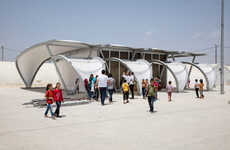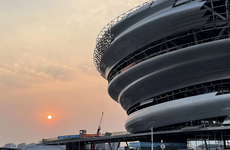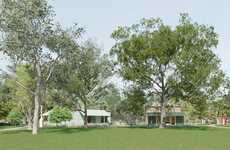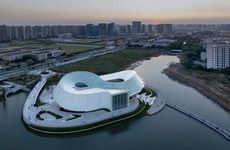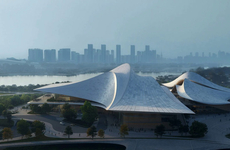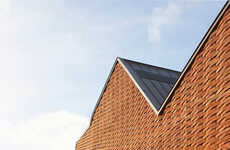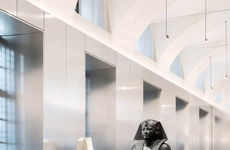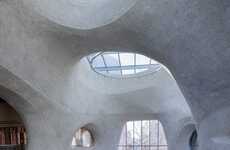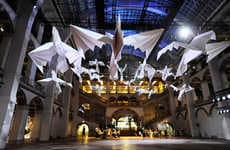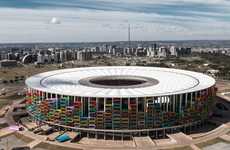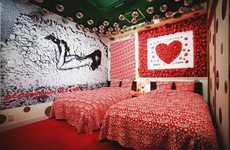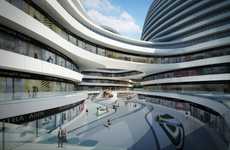
Zaha Hadid Will Design the London Science Museum Mathematics Gallery
Rahul Kalvapalle — September 12, 2014 — Art & Design
References: sciencemuseum.org.uk & gizmag
World-renowned architect Zaha Hadid has been tasked with designing the David and Claudia Harding Mathematics Gallery at the London Science Museum, as part of the facility's ongoing redevelopment. The gallery is named after a couple who provided an $8 million donation, and is set to open in 2016.
Hadid appears to be the perfect choice for the project not just because of her status as one of the world's foremost architects, but because she actually studied mathematics and was inspired after a visit to the London Science Museum aged 10.
The mathematics gallery will be arranged to as to adhere to the turbulence field data of the Handley Page airplane exhibit, which will be suspended from the ceiling and serve as the gallery's centerpiece. The airplane was once used to research complex interactive mathematical equations.
Hadid appears to be the perfect choice for the project not just because of her status as one of the world's foremost architects, but because she actually studied mathematics and was inspired after a visit to the London Science Museum aged 10.
The mathematics gallery will be arranged to as to adhere to the turbulence field data of the Handley Page airplane exhibit, which will be suspended from the ceiling and serve as the gallery's centerpiece. The airplane was once used to research complex interactive mathematical equations.
Trend Themes
1. Mathematical Exhibit Designs - Architects and designers are using mathematical concepts to create unique exhibits and experiences.
2. Science Museum Redesigns - Science museums are rethinking their exhibit layouts and design to offer immersive and interactive experiences.
3. Stem-themed Art - Artists are incorporating science, math, and technology themes into their work, blurring the line between art and science.
Industry Implications
1. Architecture and Design - The architecture and design industry can explore the use of mathematical concepts and data to inform their creations and push the boundaries of traditional exhibit design.
2. Museums and Cultural Institutions - Museums and cultural institutions have an opportunity to incorporate STEM themes into their exhibits and attract a wider audience with immersive and interactive experiences.
3. Art and Technology - Art and technology industries can collaborate and explore the intersection of science, math, and art to create innovative and thought-provoking works.
3.5
Score
Popularity
Activity
Freshness


